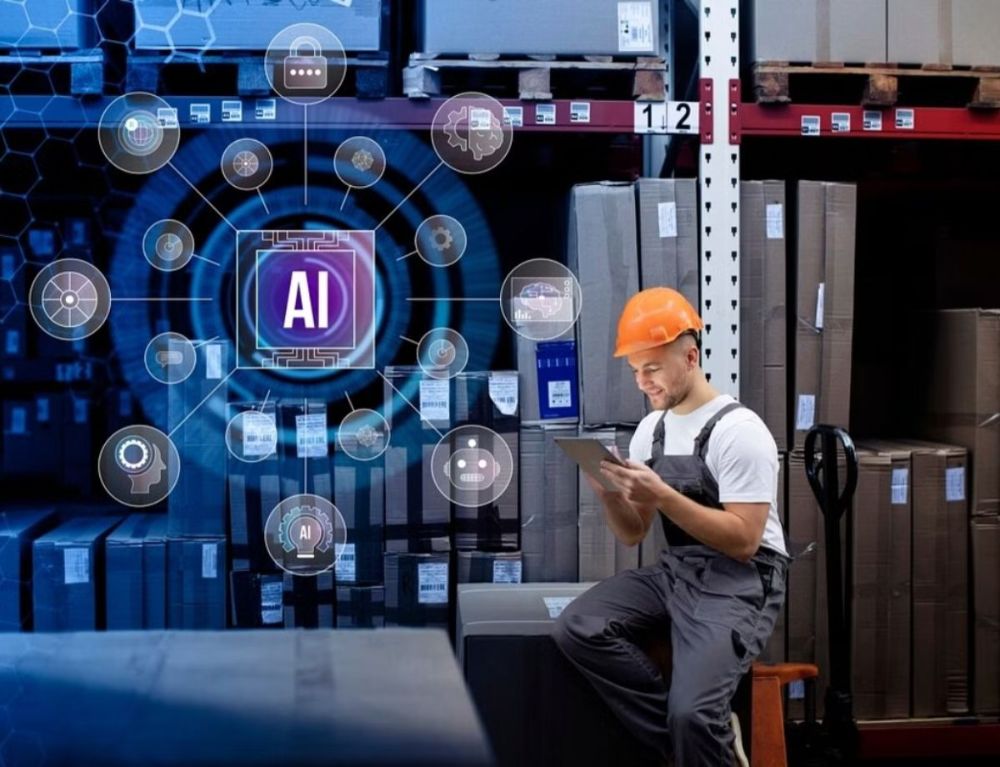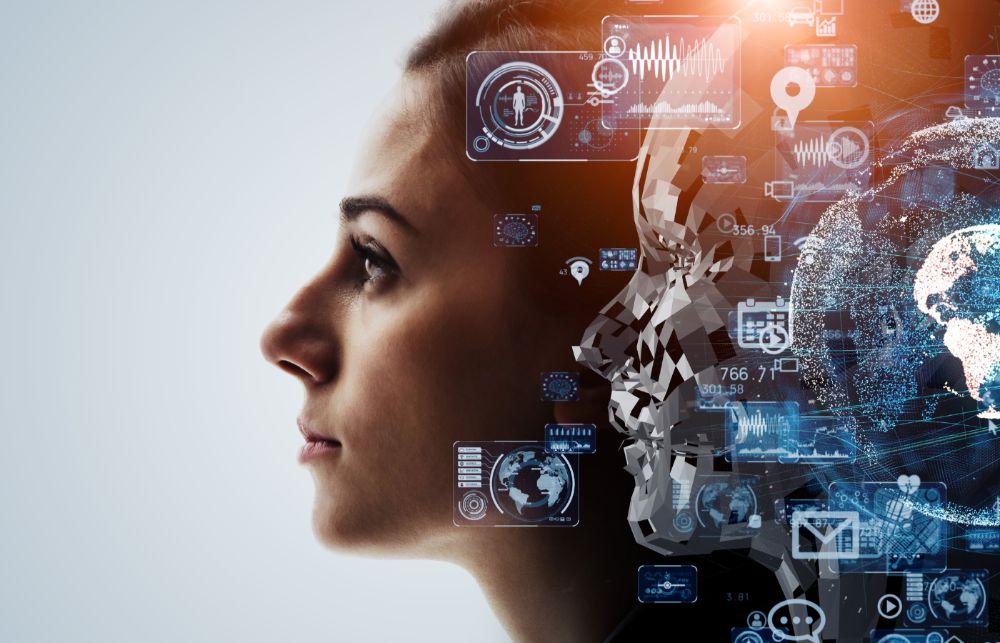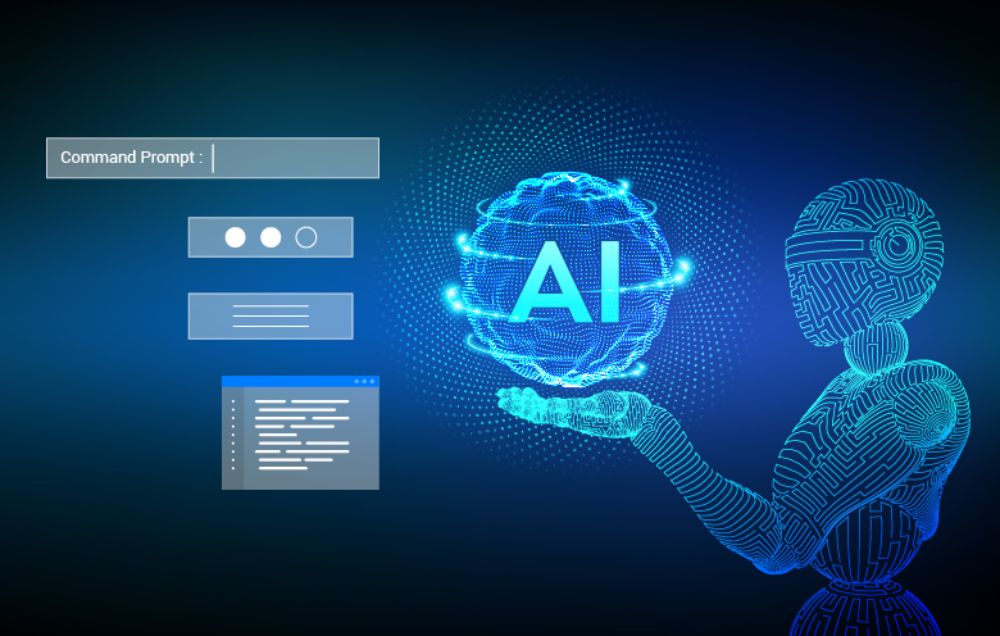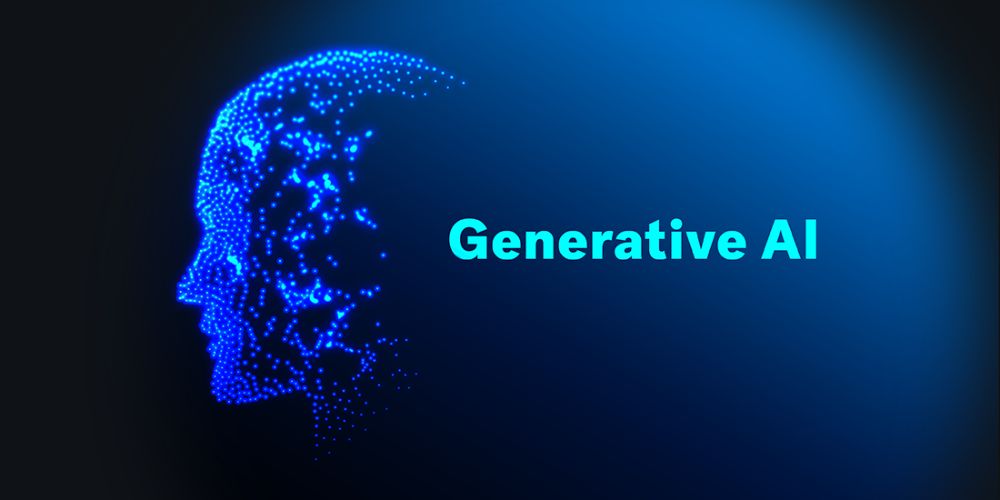India has the capacity to leverage artificial intelligence (AI) to propel economic expansion and advancement on a massive scale. India has a unique chance to use AI to assist businesses, industries, and society because of its big population and diverse economy.

Since 2011, the amount spent on AI has increased gradually, and by 2035, it is expected to have a major economic impact. Since 2011, AI start-ups in India have grown rapidly, and 88% of the surveyed organizations intend to invest in AI-related technology. India earned $7.73 billion in AI investments over the course of the last 10 years, with over 40% of the amount coming in 2022, placing it sixth in the world.
According to EY report, Generative AI has the potential to add a cumulative $1.2-$1.5 trillion to India’s GDP over the next seven years.

The report titled The AIdea of India: Generative AI’s potential to accelerate India’s digital transformation forecasts that by fully capitalising Gen AI technology and its applications across sectors, India can potentially add $359-438 billion in FY30 alone, reflecting a 5.9% to 7.2% increase over and above baseline GDP.
Giving the workforce the skills they need to succeed in an AI-powered future will be necessary if we are to take advantage of the economic prospects that generative AI brings. To interact with and understand generative AI applications, one still has to possess the fundamental abilities of reading, writing, and critical thinking. It is important to assess how the cross-functional competencies of material resource management, coordination, and operations monitoring are recontextualized for generative AI in the work place.

In addition, it will be critical to overcome the digital skills gap in India by maintaining an emphasis on digital literacy and enhancing AI aptitude, or the capacity to use AI tools and function in an AI environment. This entails learning how to use AI tools to improve current work activities and achieve more effective and efficient outcomes. It also involves manipulating and applying these technologies in a variety of scenarios.
The analysis estimates that business services (including IT, legal, consulting, outsourcing, machinery and equipment leasing, and others), financial services, education, retail, and healthcare will account for around 69% of the total impact. The anticipated outcomes include increased worker productivity, improved operational effectiveness, and customized client interaction.

“Organisations are swiftly adopting to AI-first approach to digital transformation, aiming to enhance customer engagement, increase productivity and achieve greater agility in delivering digital capabilities using innovative foundation models and AI-First solutions,” said Mahesh Makhija, Technology Consulting Leader, EY India.
The survey goes on to say that 60% of organizations admit that Gen AI has a big impact on their operations. But 75% of them say they are just somewhat prepared to use the advantages of Gen AI. Organizations now face two main challenges: a skills deficit (52%) and the availability of unclear use cases (47%). Only 36% of organizations perceive data privacy as a danger associated with the usage of Gen AI.

Moreover, the development of a Gen AI strategy is now deemed essential, with 75% of organisations identifying customer engagement as the most crucial aspect influenced by Gen AI. While 73% of organisations prefer to collaborate with external tech providers for its implementation.

Available sources indicate that digitalization will likely have a greater influence on the workforce than generative AI. Instead than focusing solely on the “automatable” jobs, it has the potential to impact jobs with a larger percentage of non-routine labour activities. A post-secondary school teacher’s work, for instance, is thought to be less automatable, or routine, but they stand to gain from the use of generative AI in curriculum development and more individualized instruction.
